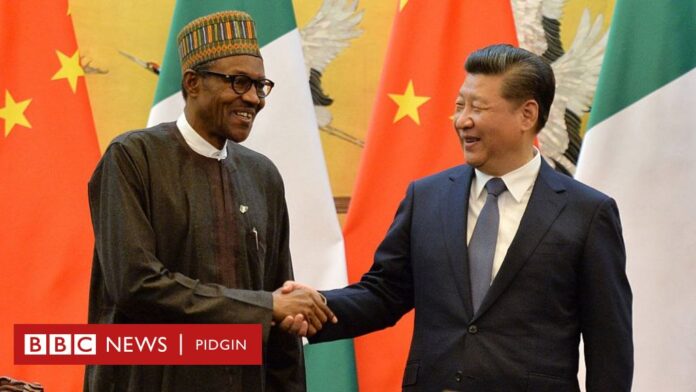By Jeph Ajobaju, Chief Copy Editor
Nigeria’s debt rose to N35.465 trillion in half year ended June 30 (H1 2021), according to the Debt Management Office (DMO), a jump from $87.24 billion in the first quarter of 2021 (Q1 2021) and $86.39 billion (Q4 2020).
This excludes $4 billion and €710 million for which President Muhammadu Buhari requested approval from the National Assembly (NASS) on September 13 to borrow from bilateral and multilateral organisations to fund the 2021 budget deficit.
His letter to the Senate also asked lawmakers to approve grant components of $125 million. It explained that more borrowings are needed to meet “emerging needs” of some “critical projects.”
DMO Director General Patience Oniha disclosed the latest debt profile to journalists in a virtual conference, saying Nigeria risks debt sustainability problem if it fails to grow revenue which places the country in the poorest category among its peers.
“We should focus on revenue. The good thing about it is that the Minister of Finance, Budget and National Planning has started a programme aimed at growing the revenue profile. We must discipline ourselves to follow through to grow our revenue.
“If we continue to borrow and do nothing about growing our revenue base as other countries have done, we may have a debt sustainability challenge,” she said, quoted by Nairametrics.
Nigeria’s debt was N33.107 trillion or $87.239 billion in Q1 2021. Between Q1 and Q2 it increased by N2.358 trillion.
Rising debt could be a problem
According to Vanguard, Oniha explained that rising debt, high debt service to revenue ratio, and utilisation of borrowed funds are germane.
She said the public should not lose sight of the facts which necessitated borrowing which, in her words, included:
“Huge infrastructure deficit, recession (twice in the last six years), consecutive budget deficits, low revenue base, compounded by dependence on one source – crude oil – which prices crashed and at a point, at the peak of the COVID-19 pandemic had no buyers.”
She said Nigerians must challenge themselves and support the federal government on the need to raise revenue.
Oniha argued that 5 per cent tax as a percentage of Gross Domestic Product (GDP) is too poor and concerted efforts must be made to increase revenue.
Debt breakdown
External debt, according to a breakdown of the national debt in H1 2021, was N13.711 trillion or 38.66 per cent. Domestic debt was N21.754 trillion or 61.34 per cent, per Nairametrics reporting.
The federal government amassed N11.828 trillion foreign debt and N17.632 trillion domestic.
External debt of states and the Federal Capital Territory amounted to N1.883 trillion, domestic N4.122 trillion.
Multilateral agencies – the World Bank Group and African Development Bank Group – are owed 54.88 per cent.
Commercial debt (Eurobonds and Diaspora bonds) accounts for 31.88 per cent, bilateral debt (China, France, Japan, India, and Germany) 12.70 per cent, Promissory Notes 0.54 per cent.




